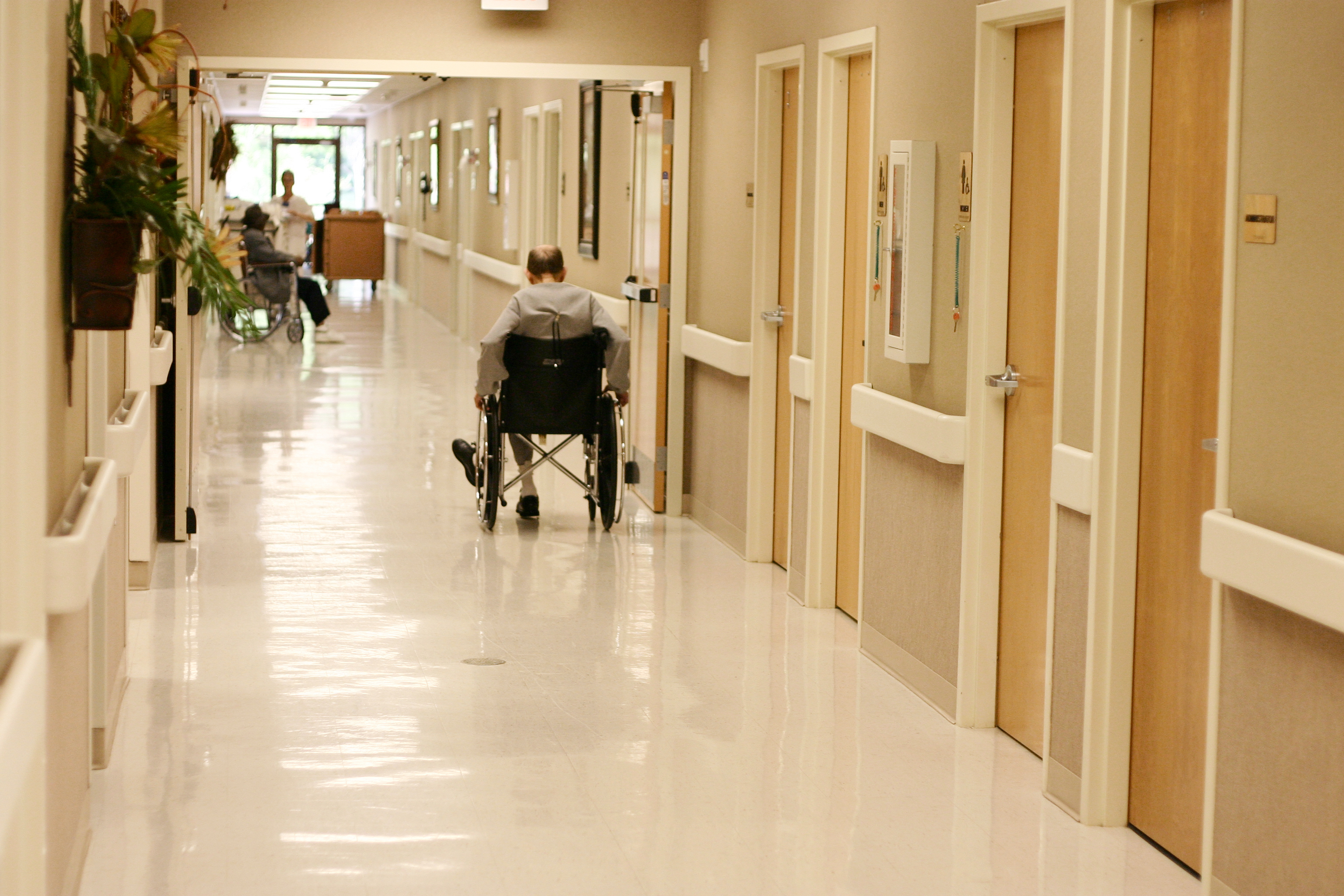AARP Hearing Center

The significant and unprecedented challenges nursing homes and other residential care facilities are facing due to the pandemic has created an urgent and vital need for increased accountability to ensure the safety and health of their residents. The June 8 Washington Post article (As nursing home residents died, new covid-19 protections shielded companies from lawsuits. Families say that hides the truth.) illustrates the urgent need for policy changes.
While there may be circumstances beyond facilities’ control for which they should not be held responsible, it is essential that long-term care providers, as well as health care providers more broadly, remain responsible for any negligent actions to ensure long-term care residents have some protection and opportunity for redress.
AARP has long fought for the rights of residents in nursing homes and other residential care facilities and to ensure their health, safety, quality of care, and quality of life. On May 28, 2020, AARP Connecticut sent the letter below to the state’s Governor urging immediate action to repeal an executive order granting immunity for health care facilities and clarification regarding COVID-19 testing for staff and residents. In light of the Washington Post article, we are again asking Governor Lamont to repeal his executive order that grants nursing homes immunity from civil liability.
May 28, 2020
Dear Governor Lamont:
AARP Connecticut, on behalf of our nearly 600,000 members and all older Connecticut residents, is extremely concerned about the number of COVID-19 infections and related deaths in Connecticut nursing homes. AARP has long fought for the rights of residents in nursing homes and other residential care facilities and to ensure their health, safety, quality of care, and quality of life. With nursing homes accounting for more than half of deaths associated with COVID-19 in Connecticut, we urge immediate action on two key issues:
- Clarification regarding COVID-19 testing of nursing home staff and residents; and
- Repealing Executive Order 7V, which grants immunity related to COVID-19 for health care facilities including nursing homes.
Clarification Regarding COVID-19 Testing of Nursing Home Residents and Staff
During this time of pandemic, nursing homes and other residential care facilities face unprecedented challenges. Tragically, as of May 22, more than 2,000 nursing home residents have lost their lives. We know from media reports that nursing home employees, many of whom have demonstrated heroic efforts in recent months, are becoming sick and dying of COVID-19. We also know that this situation is not likely to improve, and that more people will become sick and die, if there is not widespread and ongoing testing at nursing homes.
While we greatly appreciate your administration’s recent statement that you hope to have “every nursing home resident and staff member tested by June…and continually tested”, we would like the administration to provide additional clarification on how this will be accomplished. For example, will there be consequences for nursing homes that do not test all residents and staff by a date certain? In the absence of consequences for failure to test, will there be incentives for nursing homes that do test all staff and residents? If staff do test positive and need to take time off from work, will additional resources be made available to ensure that there is adequate staffing to meet the needs of residents? Developing guidelines to ensure testing, and publicly sharing progress on testing, would give residents and families peace of mind that nursing homes are actively engaged in preventing the spread of COVID-19.
Immunity
While there may be some circumstances beyond facilities’ control for which they should not be held responsible, it is essential that long-term care providers, as well as health care providers more broadly, remain responsible for any negligent actions to ensure long-term care residents have some protection and opportunity for redress. For this reason, we strongly oppose Executive Order 7V, which grants nursing homes civil immunity for “acts or omissions undertaken in good faith while providing health care services in support of the State’s COVID-19 response.” We are particularly concerned that this immunity extends to “acts or omissions undertaken because of a lack of resources, attributable to the COVID-19 pandemic that renders the health care professional or health care facility unable to provide the level or manner of care that otherwise would have been required.”
Given that most inspections of nursing homes have been suspended, family in-person visits are effectively prohibited except in limited circumstances, and in-person long-term care Ombudsman visits are similarly restricted, there are fewer eyes observing what is happening in facilities. Residents of nursing homes may be unable to advocate for themselves and now have limited access to people who can advocate on their behalf. This lack of oversight is alarming, and requires us to ensure that, when all else fails, residents and their families will still have access to the courts to seek redress.
Pursuing a nursing home neglect or abuse case in court is not easy to do. No family member who has lost a loved one due to neglect or abuse pursues this course of action lightly. It is always an option of last resort, but it must remain an option. Connecticut should not strip away the rights and protections of residents. Nursing homes should know they will continue to be held responsible for providing the level of quality care that is required of them, and for which they are being compensated, often at increased rates due to COVID-19.
AARP Connecticut appreciates your consideration of these views and urges you to clarify guidelines related to nursing home testing and to rescind civil immunity for nursing homes. Families all across Connecticut are looking to you to protect the health and safety of their loved ones living in nursing homes and other residential care facilities.
Sincerely,
Nora Duncan
AARP Connecticut State Director































































